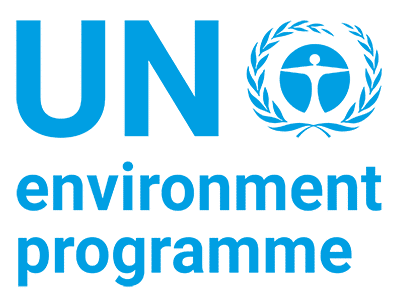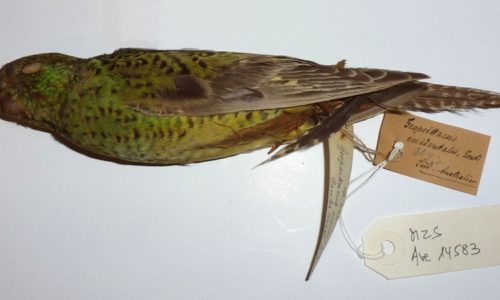(article)
As the world is reeling from the disordinate changes caused by COVID-19, there is an opportunity to ensure that the climate agenda does not lose ground in the battle to reduce the effects of climate change. As UN Environment Programme (UNEP), Inger Andersen has stated that in the wake of the COVID-19 pandemic we need to adopt long-term strategies and practices that can benefit the conservation of the environment.
Darwin Ledger remains steadfast in its commitment to support the UN’s state climate goals. The core mission of the Darwin Ledger platform is to build a worldwide database consisting of photos of local flora and fauna, taken and submitted by citizen-scientists from around the world. Every scientist team, government agency and corporations should have access to vast amounts of localised information and use it to make informed decisions in regards to project development, species habits and environmental preservation.
Using and visualizing the information contained within the Darwin Ledger database can speed up the process of environmental impact surveys and thus allow everyone to make swifter and more informed decisions on how to plan their future projects with as less an impact to the environment as possible. For example:
- Governments monitor pest population and issue bounties for their capture;
- Research teams can gain valuable insights towards species habitats protection and preservation; and
- Corporations can develop projects that are of value to communities while also safeguarding local habitats and species populations.
As the article puts it “the better we manage nature, the better we manage human health”. As we are looking towards moving forward from COVID-19, we need to have the protection of the environment and its preservation thereof firmly in mind. Darwin Ledger can assist any initiatives that contribute to that by rewarding the contributions of citizen scientists and allowing interested parties to access, visualize and process it towards projects that provide civic value, but also conserve our planet.



